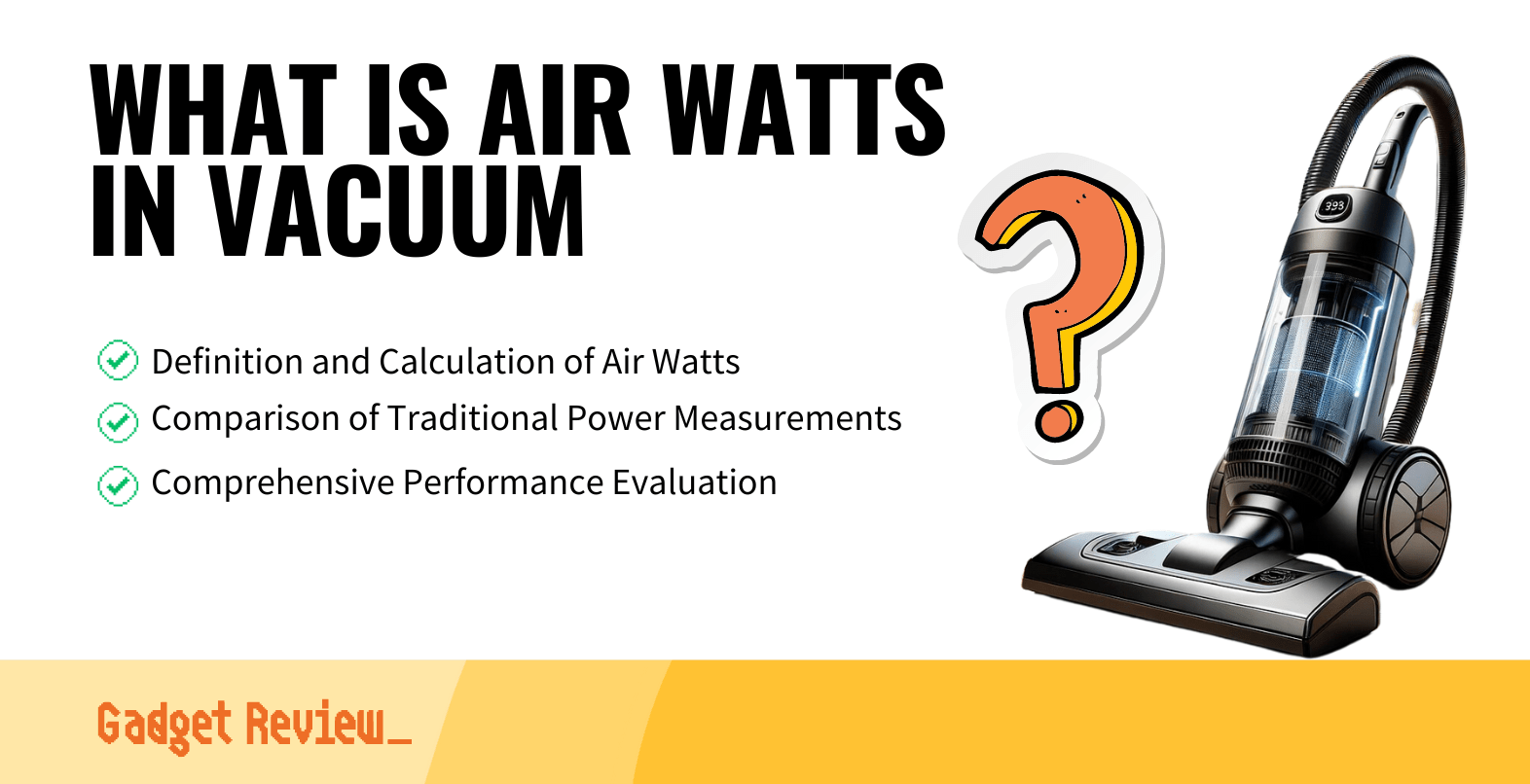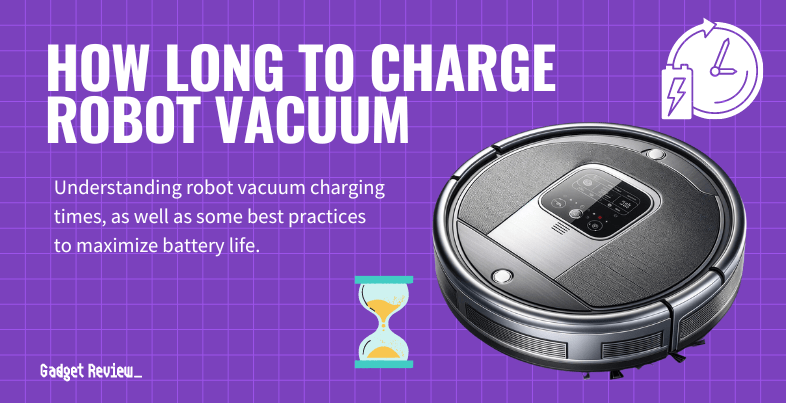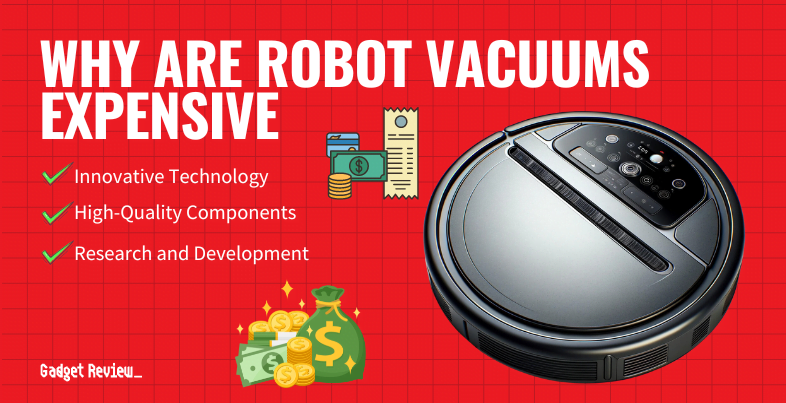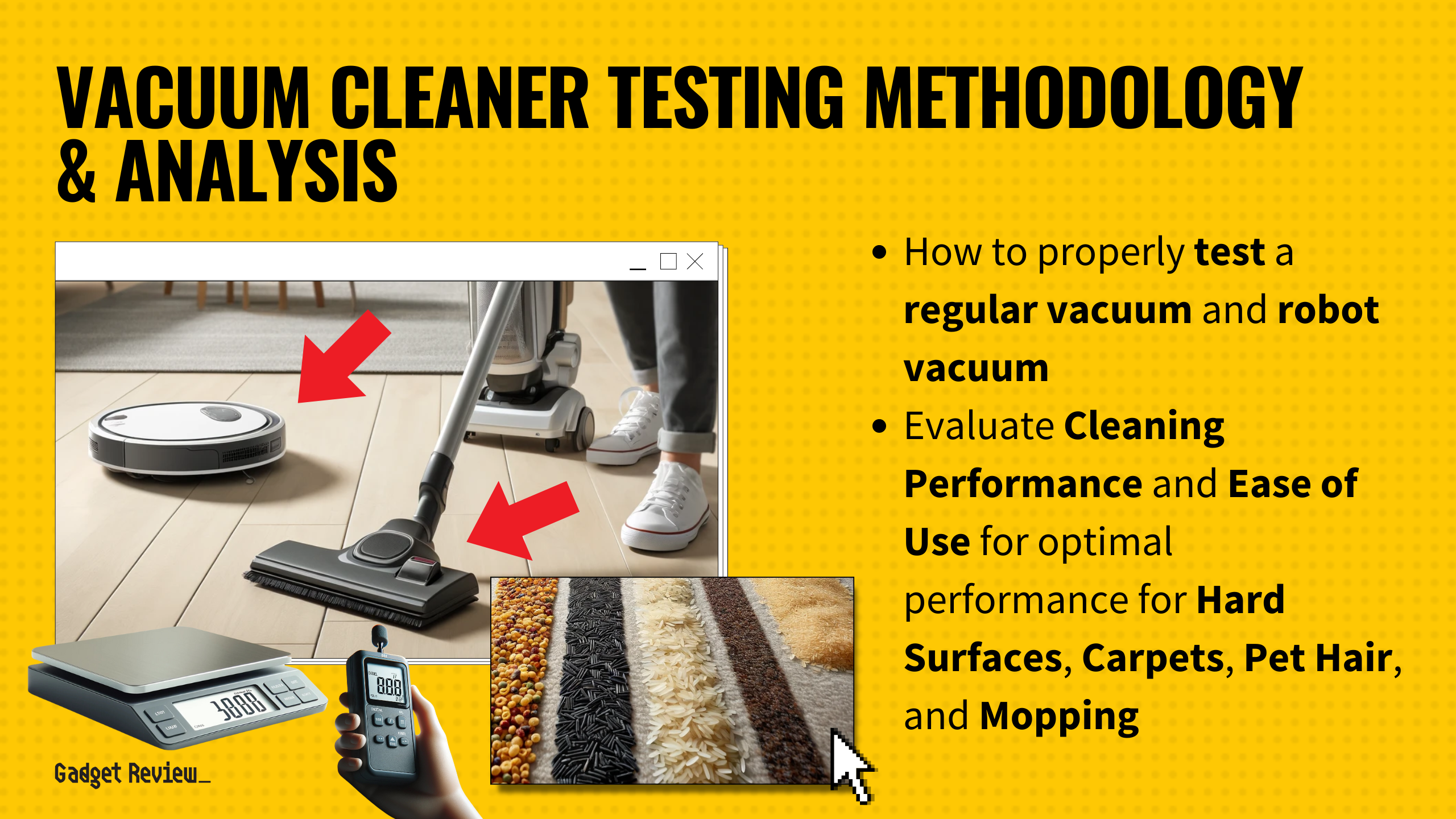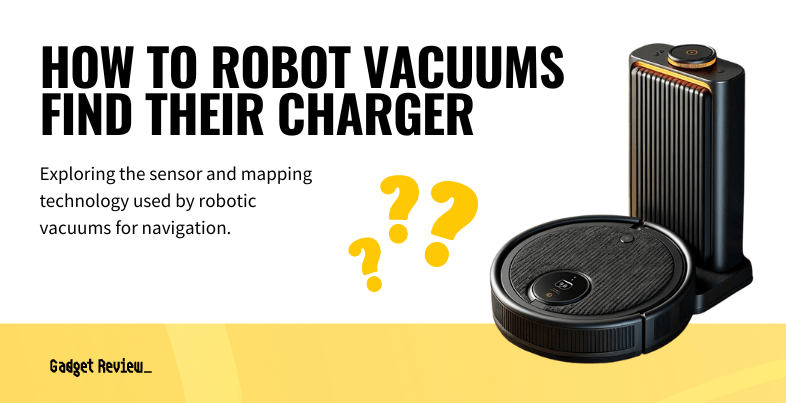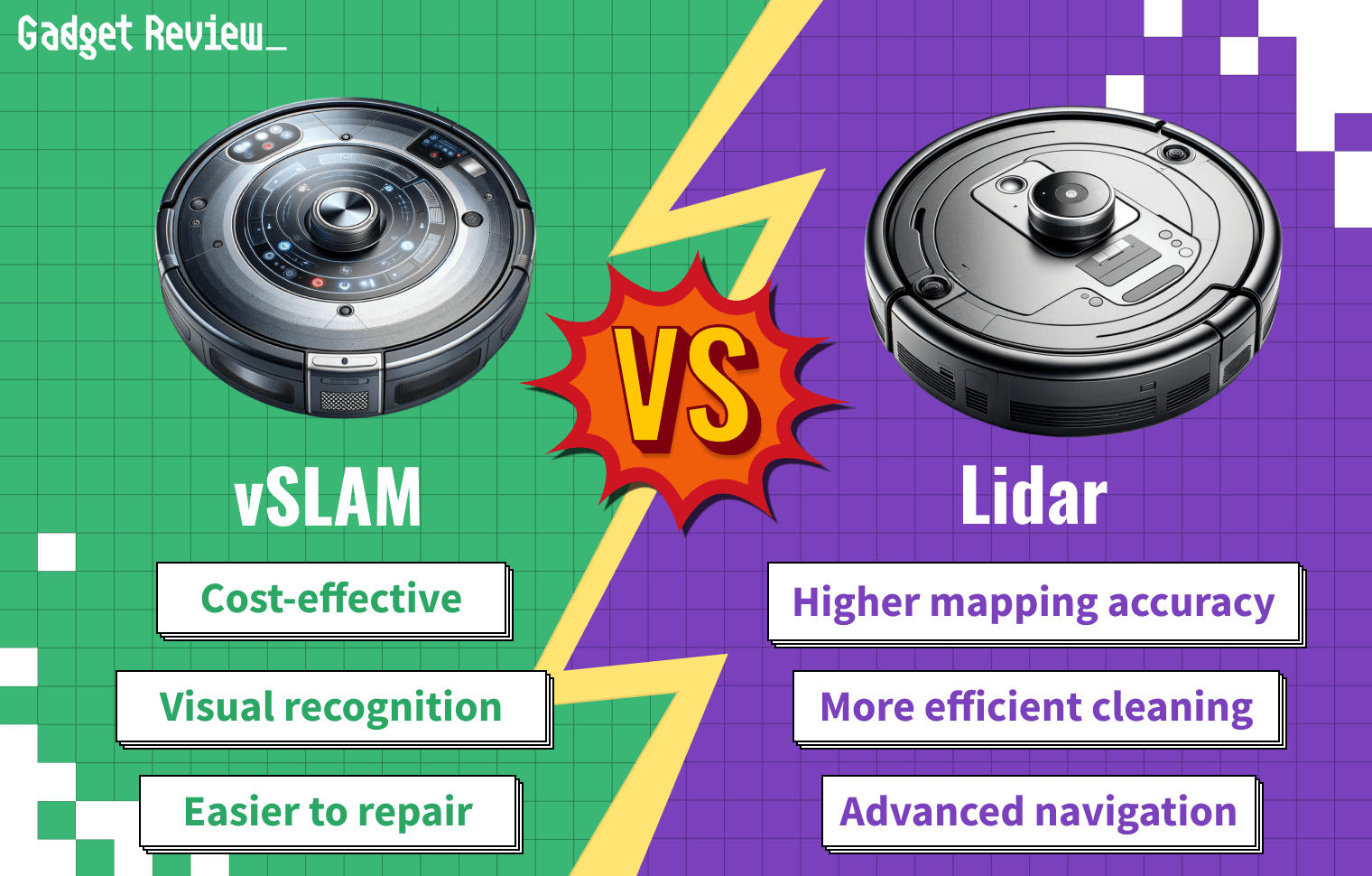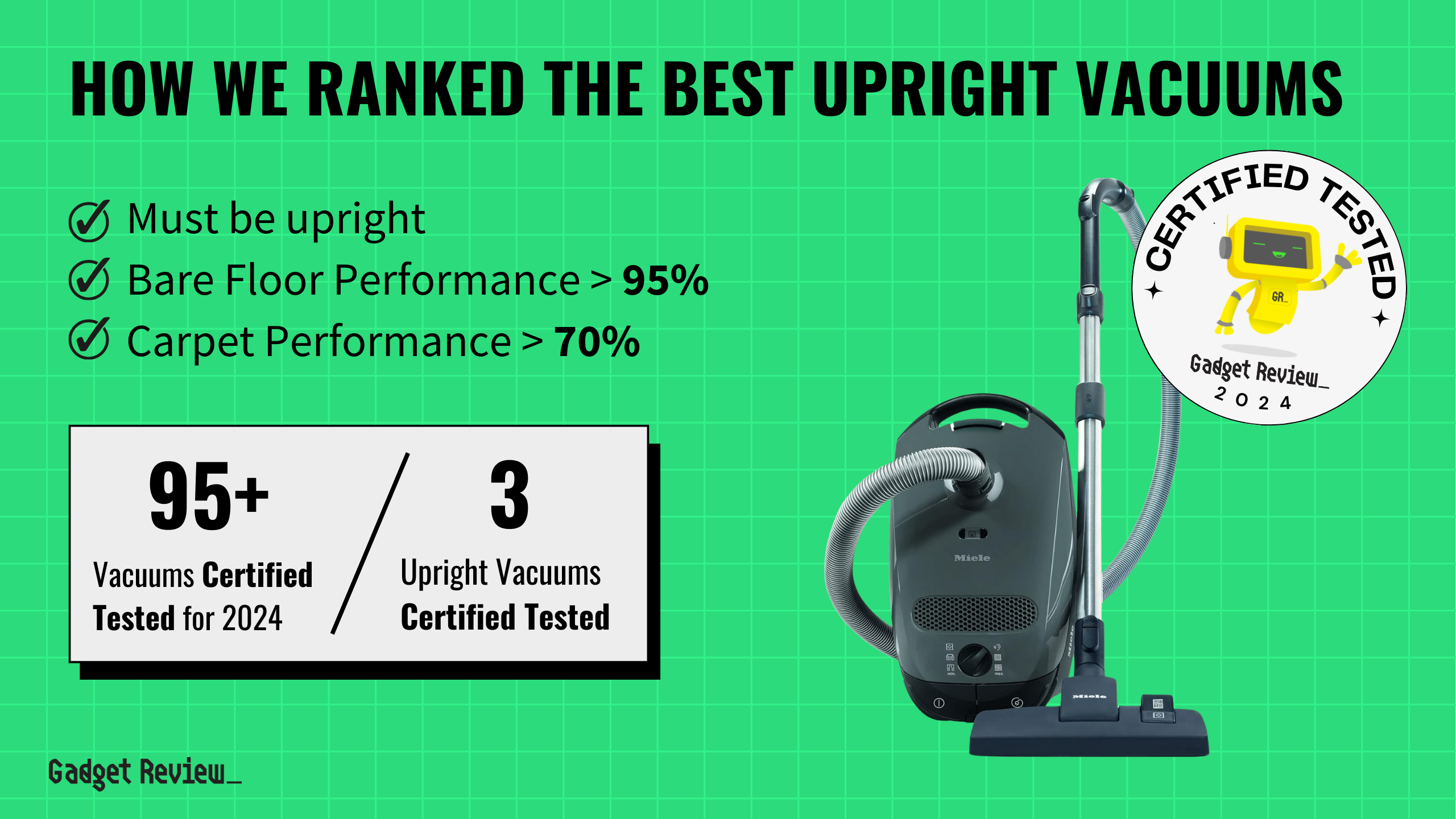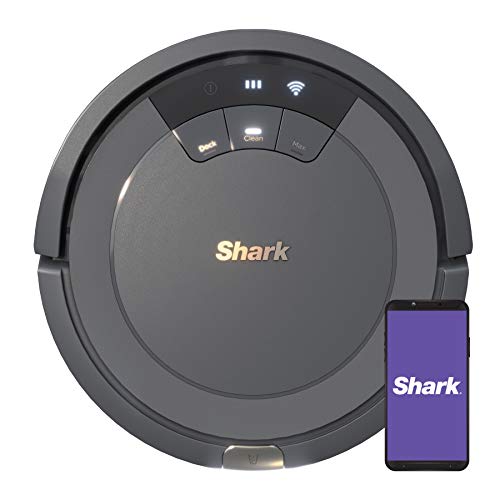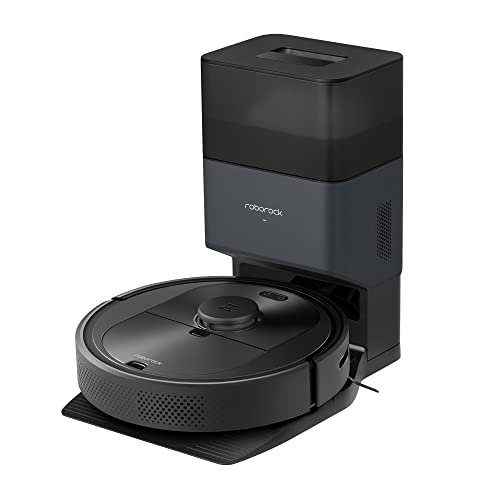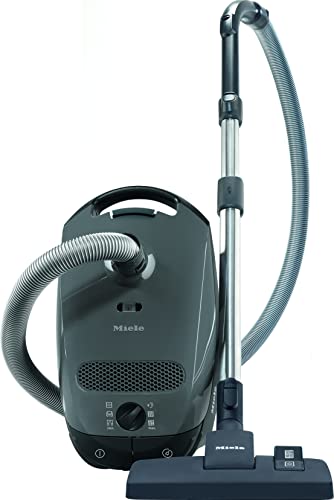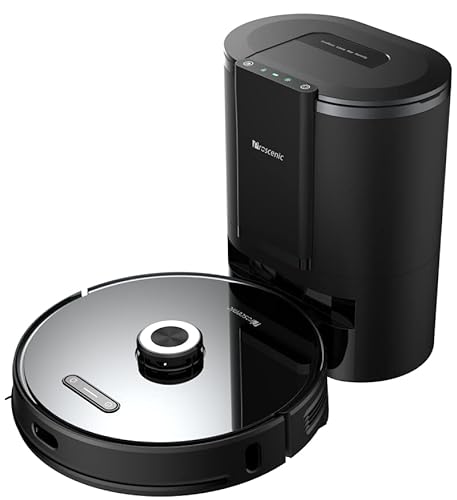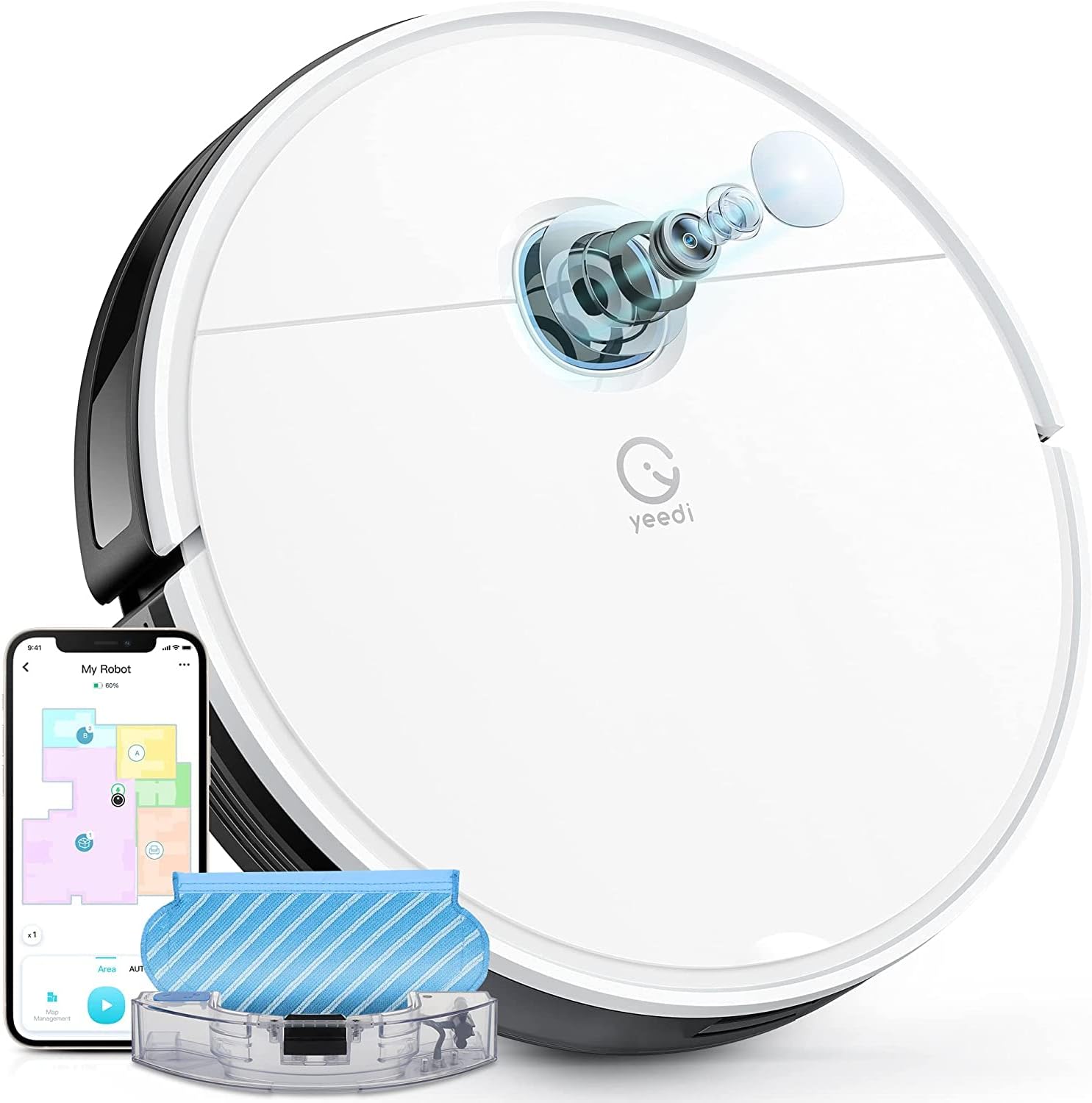The array of vacuum cleaner specifications can be overwhelming. Among these, “air watts” is a term that often pops up.
In this post, we’ll demystify air watts and explain why they are crucial in selecting the right vacuum cleaner for your needs.
What is Air Watts: The Quick Answer
Air watts measure a vacuum cleaner’s output power, specifically focusing on its suction ability.
This metric is calculated using a formula that combines air flow (in cubic feet per minute or CFM) and vacuum (in inches of water lift), divided by 8.5.
The maximum airflow of a powerful vacuum cleaner tells you how effectively it can pull dust particles and debris through the air, which is a key indicator of cleaner performance.
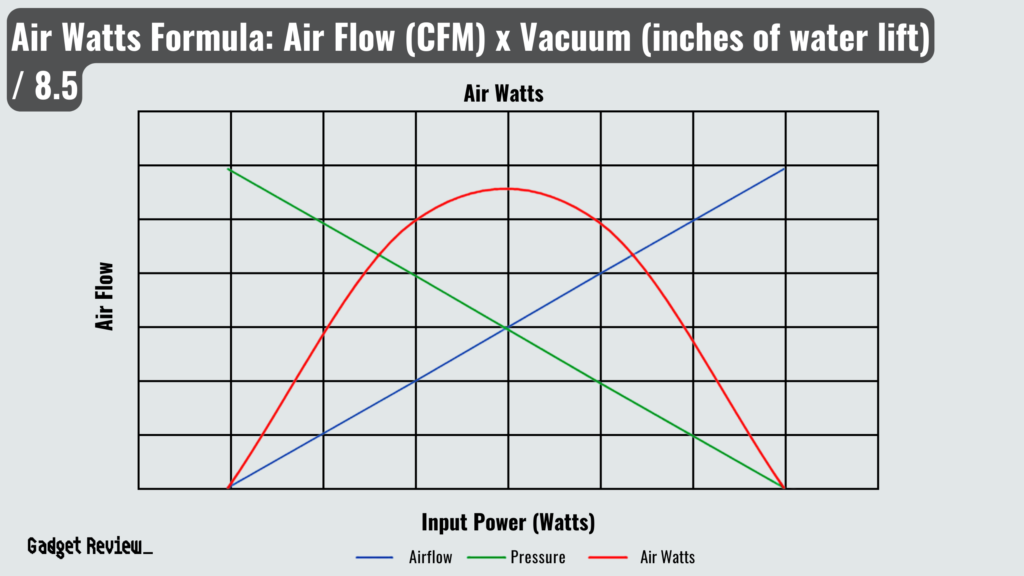
Learn More About Air Watts
Watch the video below to get a visual definition of air watts.
Air Watts vs. Traditional Power Measurements
Traditionally, vacuum cleaners have been rated by their input power in watts or amps. However, these measurements don’t completely depict the vacuum’s cleaning effectiveness.
On the other hand, air watts provide a more direct understanding of a vacuum’s suction power, which is a key aspect of its performance.
insider tip
Consider higher air watts (300+) for deep cleaning carpets or homes with pets.
The Role of Air Watts in Vacuum Performance
Air watts are a valuable indicator of a vacuum’s ability to clean effectively.
Generally, an upright vacuum cleaner should have around 100 to 150 air watts, while a cylinder vacuum cleaner needs at least 220 air watts to be effective.
This number can guide you in choosing a vacuum that has enough power to meet your cleaning needs.
Beyond Air Watts: Other Important Factors
While air watts are important, they’re not the only factor to consider.
The air flow rate, measured in CFM, indicates how much air the vacuum moves. The water lift measurement, obtained from water lift tests, shows the vacuum’s suction power.
Combined with air watts, these factors give a fuller picture of a vacuum’s performance.
insider tip
While air watts are important, other factors like filter type, brush design, and noise level also matter.
Making an Informed Choice
When selecting a vacuum cleaner, look beyond just air watts.
Consider other aspects like the vacuum’s capacity, suitability for specific tasks (like pet hair removal or allergy prevention), and energy efficiency.
Recent advancements in vacuuming technology have led to more energy-efficient models that don’t sacrifice suction power.
Smart Shopping for Vacuum Cleaners
Understanding air watts is important when buying a vacuum cleaner. However, it’s different than understanding kilopascals (kPa), which is a different metric.
Additional performance indicators can help you choose a vacuum that efficiently meets your specific cleaning requirements.
The best vacuum cleaner balances power, efficiency, and suitability for your home’s cleaning needs.

